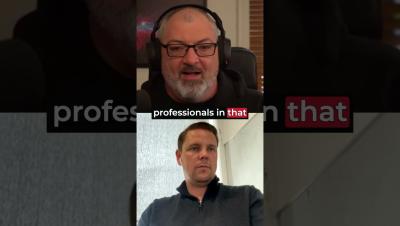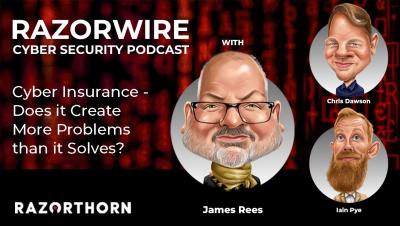£20 Million Cyber Insurance or £5 Million Cybersecurity?
We delve into the complex world of cyber insurance and the staggering premiums associated with securing a £20 million policy for just one year. Join us as we discuss the astronomical costs and the limitations of cyber insurance in the face of growing cyber threats. Is it more practical to invest in comprehensive cybersecurity measures?











